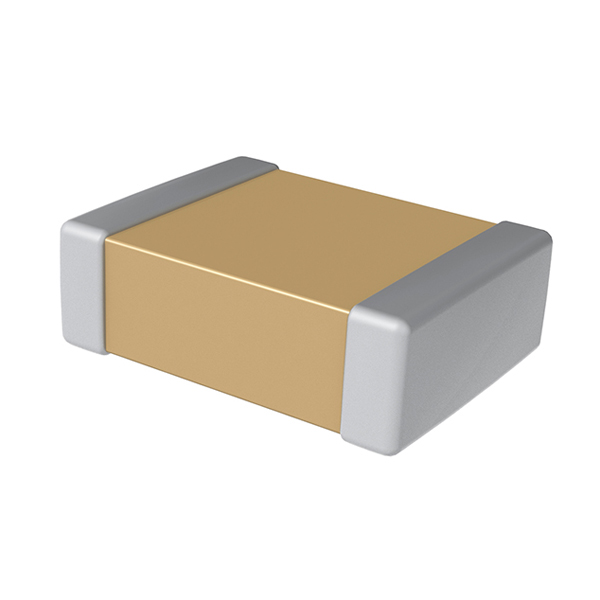Unveiling the Powerhouse: The Multifaceted Purpose of Capacitors
In the realm of electrical engineering, capacitors are indispensable components that play a pivotal role in a wide range of applications. From powering electronic devices to stabilizing power grids, capacitors serve as silent heroes, storing and releasing electrical energy. In this article, we will delve into the multifaceted purpose of capacitors, exploring their diverse functions and shedding light on their significance in various industries.
- Energy Storage and Release:
At its core, the primary purpose of a capacitor is to store and release electrical energy. Acting as temporary reservoirs, capacitors accumulate charge when connected to a power source and discharge it when needed. This ability to store energy makes capacitors invaluable in applications such as flash photography, where a burst of energy is required within a short timeframe. - Filtering and Signal Processing:
Capacitors also find their purpose in filtering and signal processing circuits. By selectively allowing certain frequencies to pass through while blocking others, capacitors help eliminate unwanted noise and interference. This functionality is particularly crucial in audio systems, where capacitors ensure a clean and distortion-free sound output. - Power Factor Correction:
In industrial settings, capacitors are employed for power factor correction. Power factor is a measure of how effectively electrical power is utilized. By adding capacitors to the system, the reactive power component is reduced, resulting in improved power factor and increased efficiency. This not only reduces energy wastage but also enhances the overall stability of the power grid. - Timing and Oscillation:
Capacitors are extensively used in timing and oscillation circuits, where they control the rate at which signals change. By determining the time constant of a circuit, capacitors enable precise timing in applications such as electronic clocks and timers. Additionally, capacitors are vital components in oscillators, generating stable and consistent waveforms essential for various electronic devices, including radios and computers. - Energy Backup and Voltage Regulation:
In conjunction with other components, capacitors serve as energy backup devices, providing a temporary power source during brief interruptions or voltage drops. This feature is particularly valuable in critical systems like computer servers and medical equipment, where even a momentary loss of power can have severe consequences. Capacitors also aid in voltage regulation, smoothing out fluctuations and ensuring a stable power supply to sensitive electronic components.
Conclusion:
From energy storage and release to filtering, power factor correction, timing, and voltage regulation, capacitors serve a multitude of purposes across various industries. Their versatility and reliability make them indispensable components in countless electronic systems. Understanding the multifaceted nature of capacitors allows engineers and designers to harness their power effectively, leading to more efficient and robust electrical systems.
